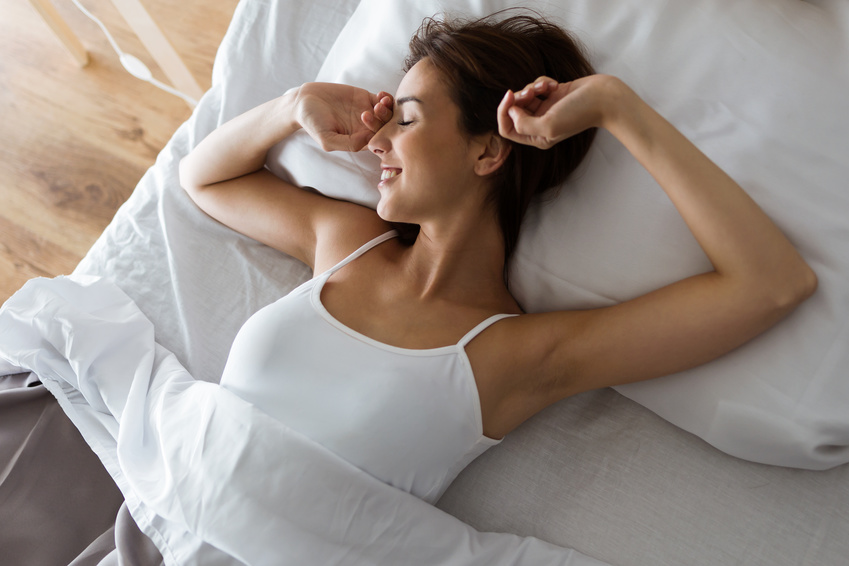Open Hours
- Monday - Friday
Morning: 9.00am - 12:00pm
- Monday - Friday
Afternoon: 1:00pm - 5:00pm
Same-day, next-day appointments
For established patients who become ill and/or recently discharged from the hospital and/or recently visited the ER.
Call us! 954-963-6530This One Trick Can Save You Visits to the Doctor

Each year, many people end up having to visit their doctor with relative frequency, especially as they age. When we get sick, even if a doctor's appointment is not necessary, it can leave us stuck at home unable to fulfill our obligations or do things we enjoy. The CDC estimates that people miss around 60 million days of school and 50 million days of work annually from the common cold alone. While primary care physicians can offer vitamins and supplements to help us stay healthy, there is one trick that we can do at home which doesn't cost a thing: get better sleep!
How Much Sleep Do I Need?
It is well-known that the amount of sleep we need to function optimally decreases as we age. However, the number of hours most people need throughout adulthood and into old age is not as low as you might think. The National Sleep Foundation recently updated its famous age-stratified sleep guide following the conclusion of two years of intense research. The guidelines offer a range that is recommended, one that "may be appropriate for some individuals," and one that is discouraged by most doctors. The updated recommended ranges are as follows:
- Newborns (0-3 months): 14-17 hours
- Infants (4-11 months): 12-15 hours
- Toddlers (1-2 years): 11-14 hours
- Preschoolers (3-5): 10-13 hours
- School age children (6-13): 9-11 hours
- Teens (14-17): 8-10 hours
- Younger adults (18-25): 7-9 hours
- Adults (26-64): 7-9 hours
- Older Adults (65+): 7-8 hours
I'm sure most of us will admit that we often miss these ranges!
Sleep Hygiene
Many people fail to get enough sleep simply because they have a hard time falling asleep. In most cases, this can be attributed to poor sleep hygiene. Sleep hygiene is a blanket term referring to the various habits which impact our sleep. Caffeine, that amazing drug to which so many of us are addicted, can make falling asleep more difficult and diminish the quality of our rest, especially if consumed late in the day. Staying mindful of your caffeine intake is a key part of good sleep hygiene. Other habits that the CDC recommends for better sleep are consistent sleep and wake times, dark, comfortable sleep environments, no electronics or large meals close to bedtime, and exercising during the day.
Those who determine the amount of sleep their body needs and meet that number regularly will enjoy improved focus, greater physical and emotional well-being, a stronger immune system, and much more. If you have tried these sleep hygiene strategies and still find yourself fatigued and unwell, make sure to schedule an appointment with your physician.

